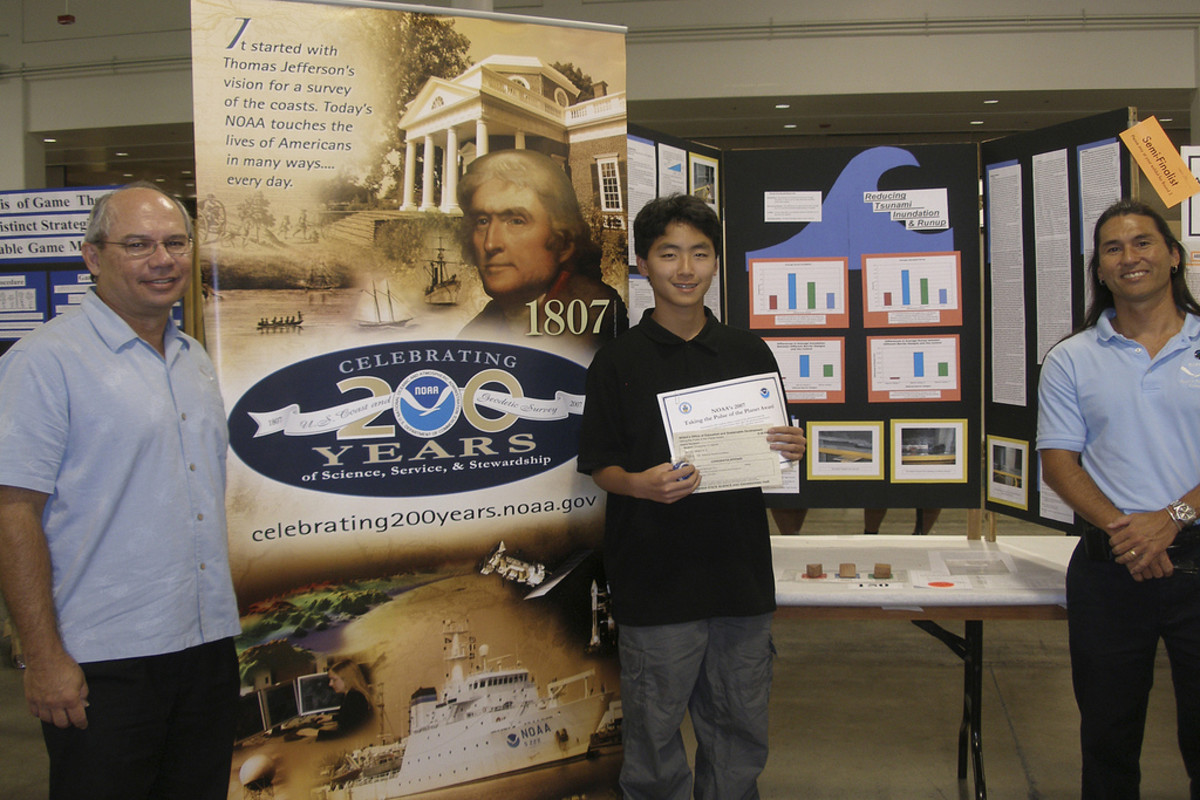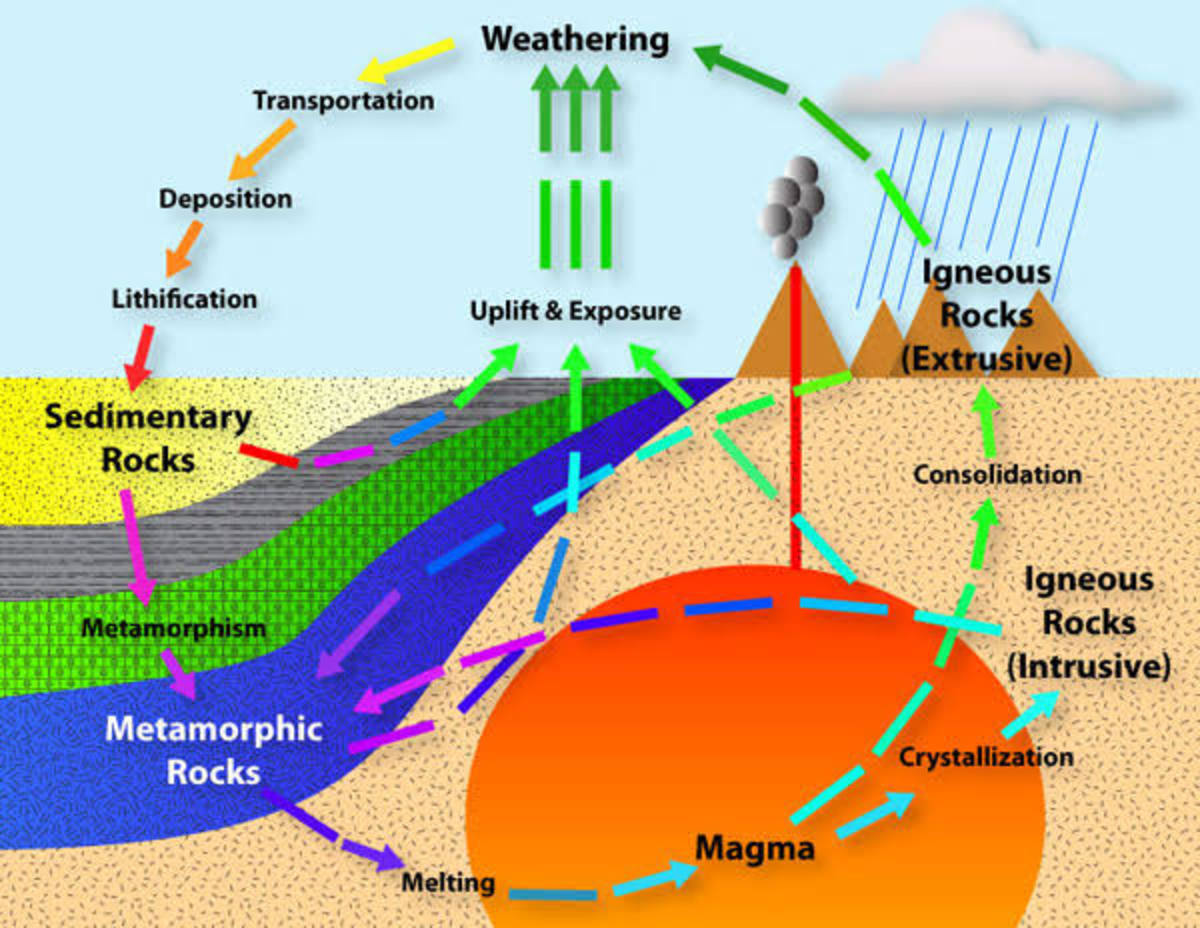Teaching How to Do Science Fair Projects

Science fairs are competitions conducted in schools where the students present science projects which they have done. These projects are topics in science which is of interest to the student. They create working models on the specific topic or present display boards that depict the experiments they have been conducting and the results of the experiments on their research subject. The advantage of science fairs are that it encourages the students to look beyond their text books and study and research whatever science they find interesting. A panel of judges will appraise the projects and the best projects will be given prizes.
One thing that has to be remembered always when choosing a project is that you should be able to do it yourself with minimum help from others. The projects that you choose should match your educational level. No one will expect a project on Robotics from an elementary school student. Similarly a high school student is expected to do serious projects that match his education level.
Your high school project should be research-oriented or making working models. Projects on alternative energy resources, renewable energy, DNA, Electronics, Robotics, microbes etc are very popular. If you run out of ideas for your sciencefair projects, you could search in the internet for ideas. There are many websites that provide ideas on science fair projects.
Teachers play an important role in piquing the interest of the students regarding a science subject. A scientific method has to be used in teaching by which a student should be able to think experiment and find for himself how things work. If you are teaching about earthworm, you should initiate the details about earthworm from the students rather than telling them what it is. If you want your students to find out whether the earthworm likes wet or dry soil, you could make a hypothesis. It is better to form a negative hypothesis because it will give more opportunity to the students to look for answers. You could form a hypothesis “I think earth worm prefer dry soil to wet soil”. Then you could bring earth worms to the class; raise some in wet soil and the other in dry soil. Let the students note down what is happening and reach their own conclusions. They will come up with the right observations. If you had made the hypothesis “earth worms prefer wet soil”, they would have just noticed that aspect only. With the negative hypothesis they will find what is wrong and will look for the right answer.
This approach of studying prepares a student for science fair projects wherein he will be looking for answers to questions. He will formulate a hypothesis and then on the basis of his knowledge, and the information he could gather, he will be able to find the right and wrong of his hypothesis and the reasons for his conclusions.
A science project should be based on a scientific principle, a hypothesis, experiments to prove the validity of the hypothesis, and the results. It should conclude how the experiments supported his hypothesis.








